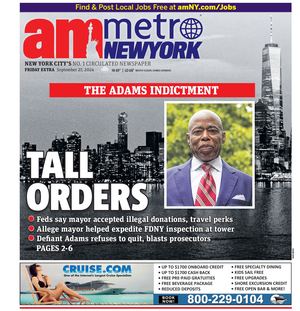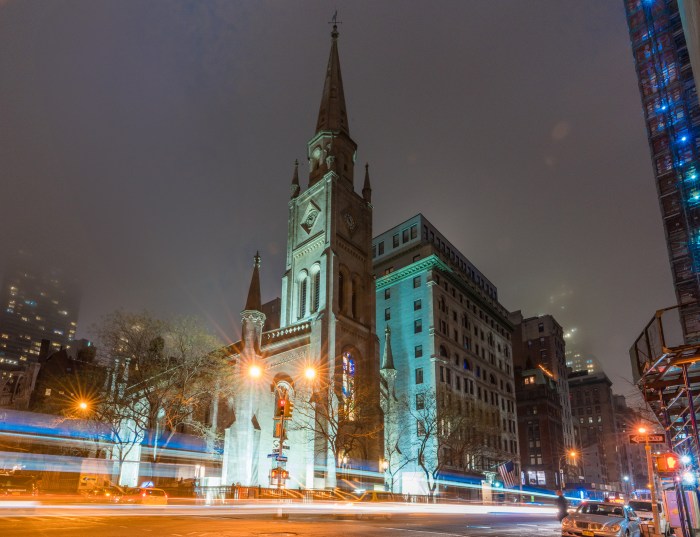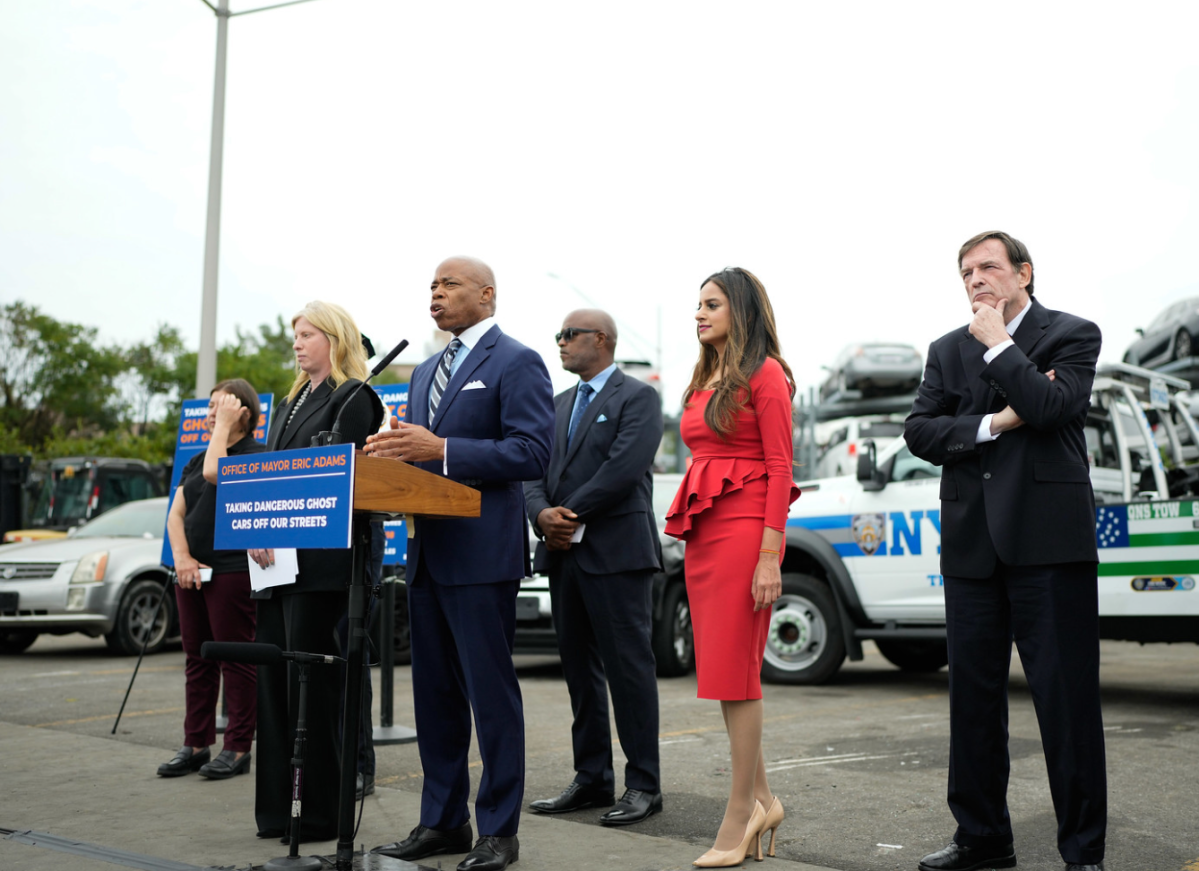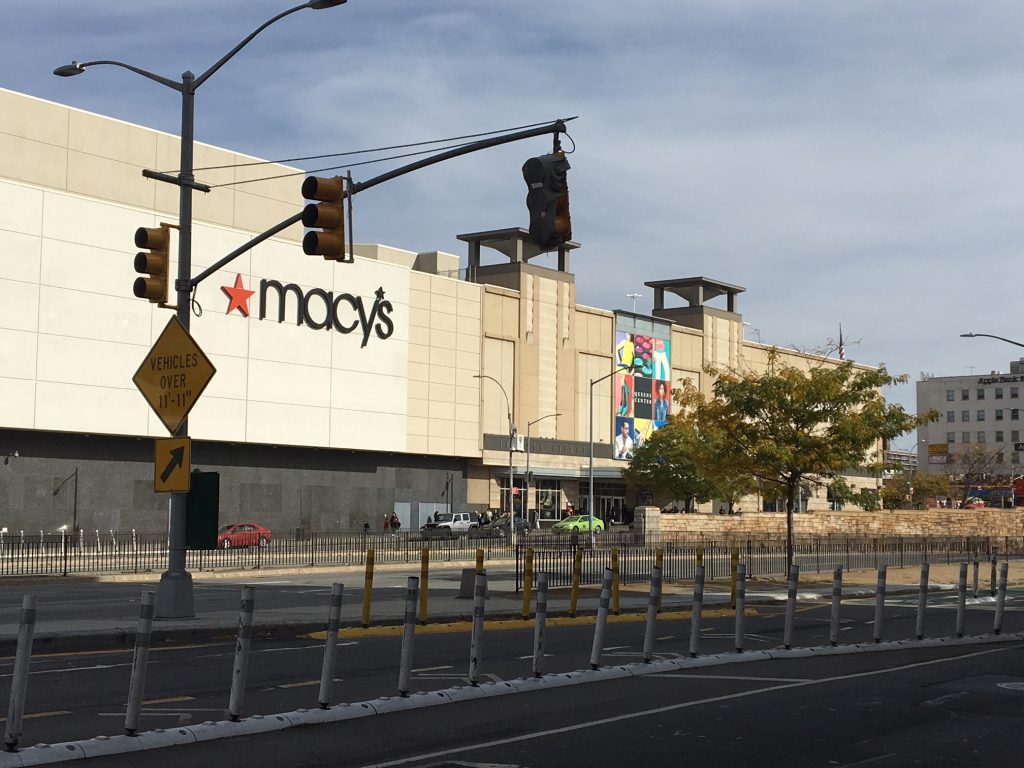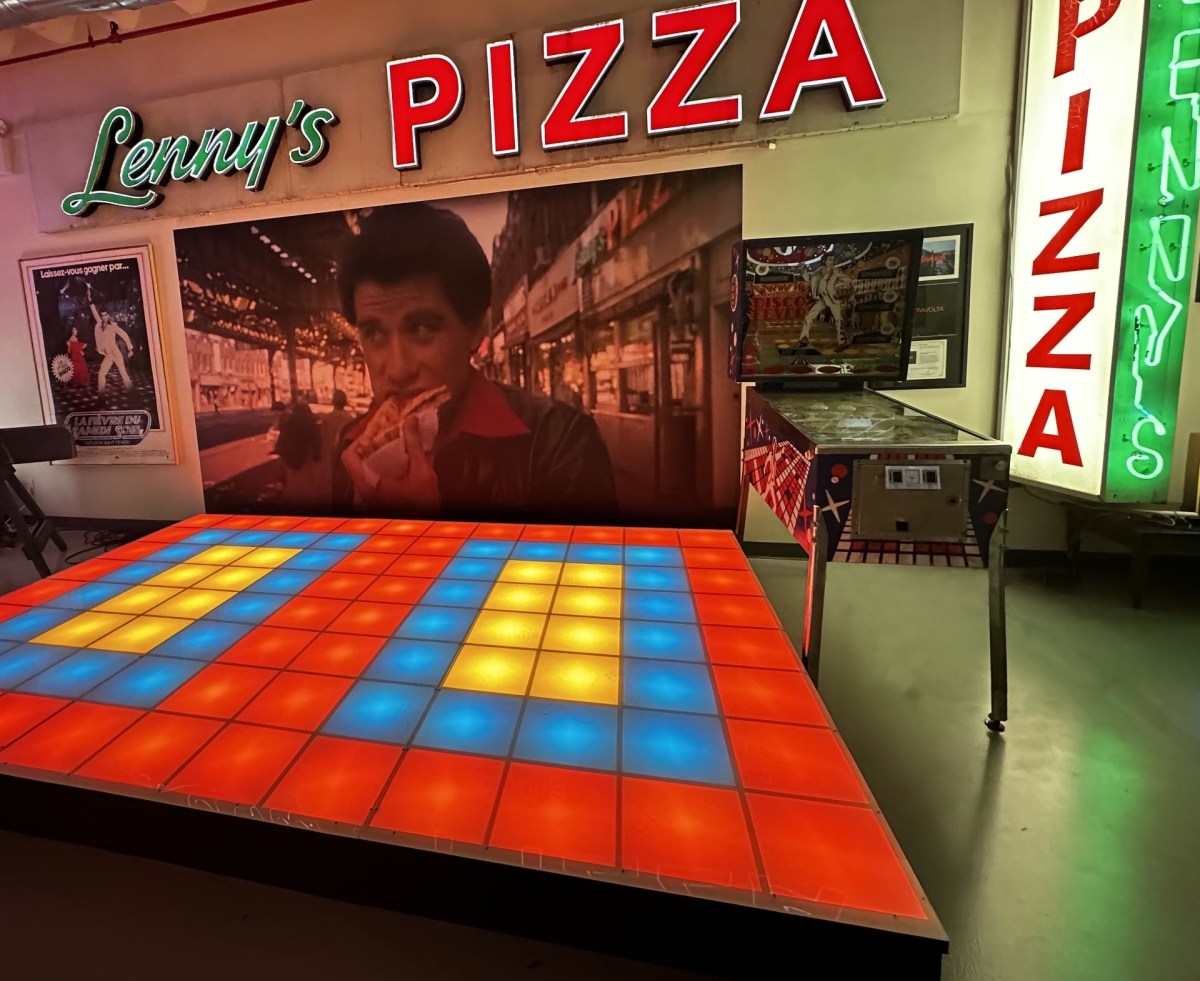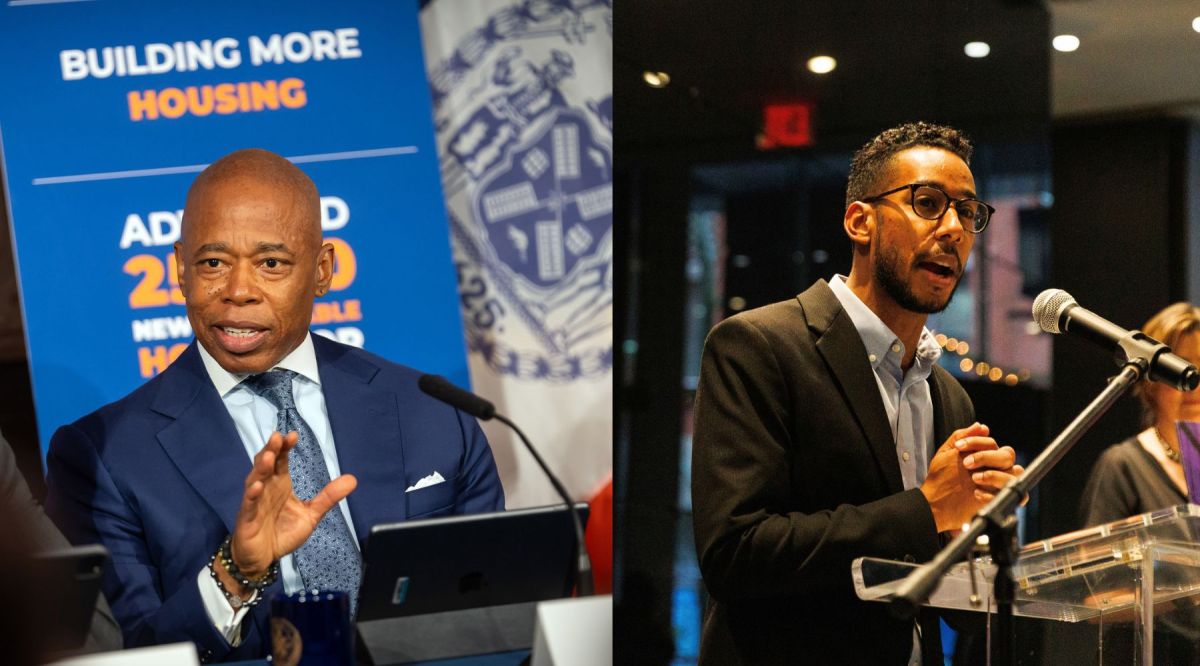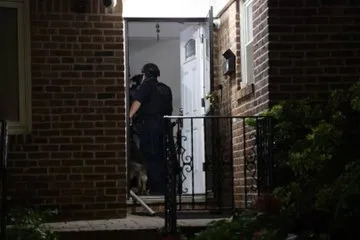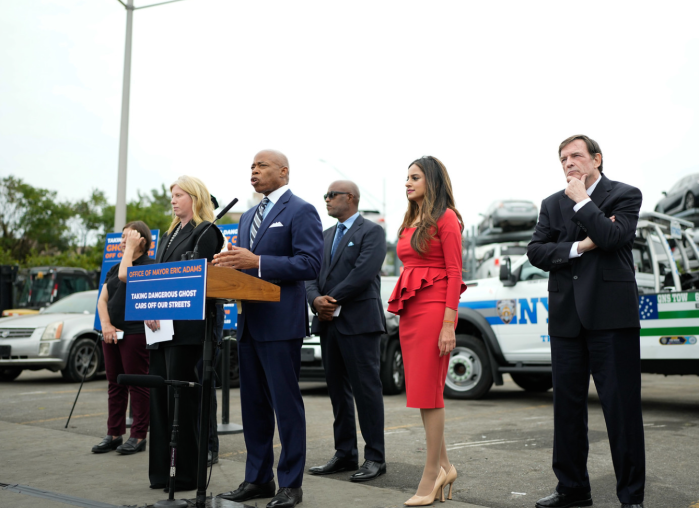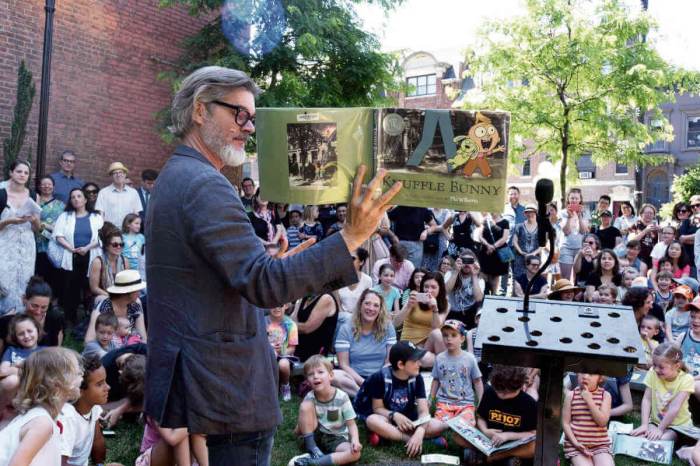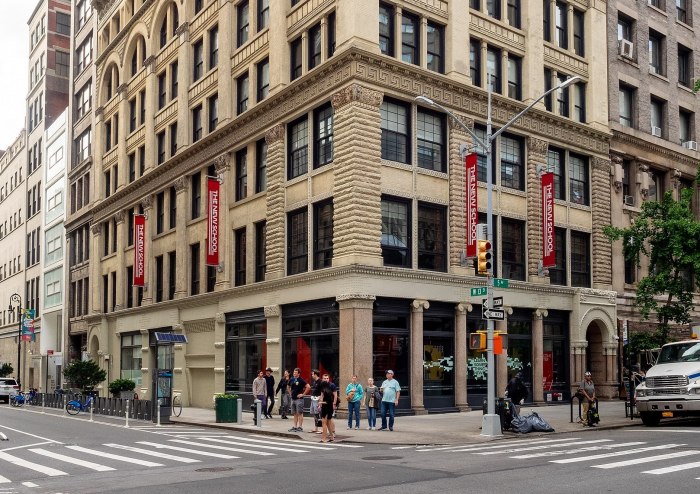By Chris Lombardi
“To this moment, I dream about America.”
As the last line of “Betrayed,” George Packer’s acclaimed 2007 New Yorker article about Iraqis working for Americans in Iraq, that sentence was moving and near-elegiac. But as Waleed Zulaiter speaks that line on the stage of the Culture Project, ending Packer’s play “Betrayed,” the pain in his voice reaches an audience already in tears.
Like Packer’s 16,000-word article, the play takes no stand on the invasion itself. Its characters once suffered under Saddam Hussein and believed the Americans were bringing a new way, only to find that the invaders came with little knowledge or understanding of the country they had just broken open. As Zulaiter’s character, Adnan, says also at the end: “It’s the Iraqis who destroyed their country, with the help of the Americans, under the American eye.”
“Betrayed” follows the lives of five characters, each a composite, all of whom feel flesh and blood to us before long. Adnan, a slim, bearded Sunni at first galvanized by the overthrow of Saddam, offers up his essential loneliness, calling himself “a non-belonger.” Laith, a Kurdish Shiite who learned English by listening to American TV, is played by Sevan Greene with humor, pathos and constant motion — beginning with his entrance, when he arrives at Adnan’s apartment happy that he hasn’t been killed by the militias pursuing him. Aadya Bedi’s Intisar, a slender young woman who refuses to wear a hijab (Muslim headscarf) despite militia threats, tells her newly-in-Iraq supervisor, Foreign Service officer Bill Prescott (played by Mike Doyle), that one of her goals in life is to bicycle down the streets of Baghdad. “And perhaps someday I will!”
Director Pippin Parker, using very simple sets, clearly evokes the few places he needs: Adnan’s living room, Baghdad checkpoints and side streets, and most of all the simple table and chairs that establish the Green Zone and the U.S. embassy, where the three are hired as translators. Told by one of the two American protagonists, a security officer played by Jeremy Beck, that “anyone coming from the Red Zone must be considered suspect,” Intisar responds simply, “You mean Iraq.”
For the next two hours, we see all three working steadily, living increasingly double lives as Iraq grows ever more sectarian and violent and neither the embassy or the U. S. military (embodied by Beck in two different characters, each a combination of boisterous energy and explosive anger) seem interested in protecting them. We also watch Prescott’s transformation, limned masterfully by Doyle, from someone who can say with a smirk, “You can’t say everyone’s against you, our poll numbers say 45 percent still favor the occupation!” to a rebel against what he calls the “mental blast-walls” surrounding American conceptions of Iraq.
Writing about the adaptation last week, Packer said that he had seen the play, in rehearsal, turn “from journalism to theatre.” One of the resultant script changes, however, was troubling to this reviewer: the ongoing use of the term “Al-Qaeda” by all characters when referring to Sunni militias. While it may have helped simplify the narrative, especially when competing names of Shiite militias are already crowding the dialogue with unfamiliarity, that very simplicity felt more political than narrative, given that most observers have attributed only a minor percentage of crimes in Iraq even to Al Qaeda’s homegrown Iraqi offshoot, Al Qaeda in Mesopotamia.
Even with that caveat, the play is as unflinching as all good journalism, describing hard realities and charging that our officials’ reluctance to be seen as “losing” a war has left many good people stranded, dead, imperiled. And as theater, as a glimpse of interior life during wartime, it works better than jaded newspaper readers might expect it to.
As one audience member beside me, a native of Lebanon, said, “It all looks very familiar.”
